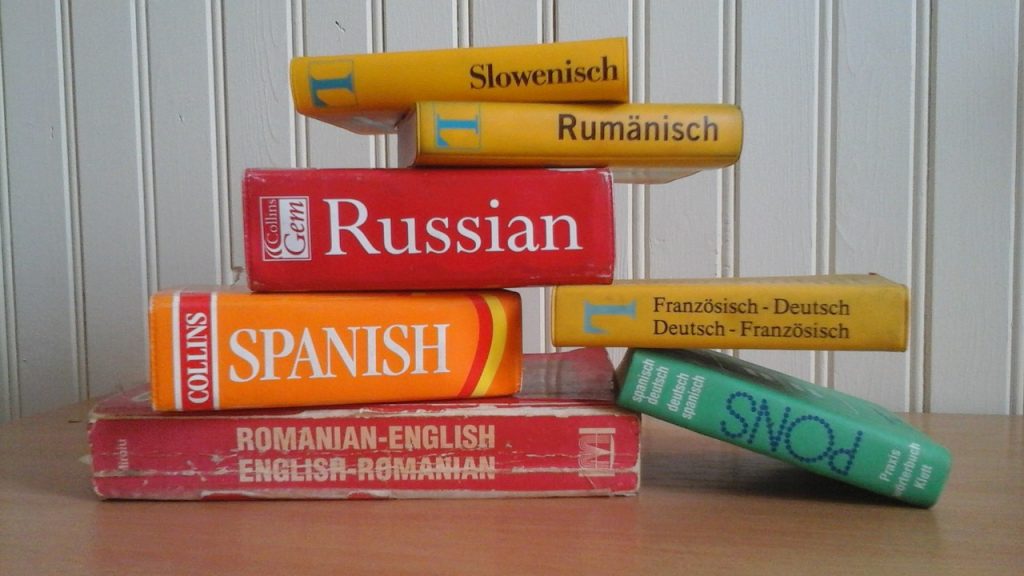Globalization has brought many challenges when it comes to understanding people and their decisions. One of them is the one concerning the language: we do not all speak the same mother tongue. Although it is desirable for analysts to know more than one language, in reality there are limitations for natives of one tongue to master another or more languages. This problem has been solved with several solutions.
At the beginning, there is a supply of human translators and interpreters who collaborate with the research teams. Whether translating data collection instruments and audiovisual materials to live interpretation of in-depth interviews or group sessions, it is possible to transfer information from one language to another.
We also have at our fingertips online programs such as Google Translator that allow us to obtain increasingly precise translations of texts, recordings and live audio. It is even possible to get devices similar to recorders that connect to the internet and offer the user translations in real time.
However, despite the fact that these tools are available, they have some limitations to consider. The first consideration refers to expressions and concepts that have no translation in other languages. There is also the quality of people’s sayings: some speak clearer and others faster; so performers may need to be led to summarize certain elements of an audio.
Areas of opportunity for translation from one language to another must also consider a degree of «tropicalization». There are nouns and words that, although they are known in different languages, their pronunciation between one country and another can be very different, giving rise to some misunderstandings between researchers and consumers.
These facts are known to many market analysts and bear them in mind when conducting research activities. On some occasions, the inability of some to know 100% the content of a consumer’s sayings in their mother tongue can generate nervousness.
In those cases, there are alternatives to increase the degree of knowledge. One is the translated transcript of a session and the other is to hold a meeting with the interpretation team to delve into the points of greatest interest. However, language experts must work very closely with the rest of the study team in order to deliver the best results.
At Acertiva we have collaborators in language translation and interpretation with experience in market research. Tell us about your next project. We will be attentive to advise you and offer you the best solution at your fingertips.

Short Link:
